The gastrointestinal (GI) tract plays an important role in every aspect of our health, including our metabolism and immunity. Changes in environmental factors can have a negative impact on the gut microbiota, which can then weaken the immune system. Improving our gut health is often the first step toward addressing the underlying cause of our digestive issues and reducing autoimmune disease development or progression. (Source, Source)
In this article, we will explore how gut health and autoimmune diseases are related, where digestive issues fit into this relationship, and how the 5R gut healing protocol can be used to help strengthen the immune system and restore gut health.
How Is Gut Health Related to Autoimmune Diseases?
The gut contains about 70%–80% of the immune cells in our body and is an essential part of the immune system. The gut microbiome helps regulate our immune system and defend against foreign substances that enter the body. Changes in the composition of the gut microbiome — also known as dysbiosis — can prevent the microbiome from functioning properly, which affects intestinal permeability, immunity, and inflammatory response. Dysbiosis may be associated with the development of autoimmunity and may be a major cause of several chronic diseases. (Source, Source)
Many of the risk factors for developing autoimmune disorders are beyond our control, but gut health is one factor we can do something about. Supporting our gut microbiome through diet and other lifestyle factors could slow the development and progression of autoimmune diseases. (Source, Source, Source)
The 5Rs of gut healing is a holistic framework developed by the Institute of Functional Medicine to address a variety of GI issues, including irritable bowel syndrome, small intestinal bacterial overgrowth (SIBO), gastroesophageal reflux disease, celiac disease, and inflammatory bowel disease (ulcerative colitis and Crohn’s disease).
If you are struggling with gut health issues and don’t know where or how to start healing them, the 5R gut healing protocol can provide you with actionable steps to help kickstart your gut health journey. (Source) Here’s how to begin.
1. Remove
The first step is to remove anything that could be irritating your gut. Adopting an elimination diet, such as the autoimmune protocol (AIP) diet, or using a food sensitivity test may be helpful in identifying foods that are causing you problems. Navigating trigger foods can be overwhelming. Our Care Team at WellTheory can help guide and support you through the process of removing trigger foods sustainably. (Source)
Some common gut irritants include:
food
- Alcohol, coffee, processed food, and food additives are known to irritate the gut lining and cause digestive issues. (Source, Source)
- Food sensitivities or intolerances (the most common culprits are gluten, dairy, soy, and sugar) make it hard for your body to digest certain foods. (Source, Source)
medications
- Nonsteroidal anti-inflammatory drugs (NSAIDs), such as aspirin and ibuprofen, can disrupt the intestinal barrier. (Source)
- Antibiotics can change the composition of the gut microbiome and stimulate an inflammatory response. (Source)
stress
- Stress has a direct impact on gut permeability. Stress causes the release of cortisol, our body’s stress hormone, which can damage the gut lining and lead to systemic inflammation. (Source, Source)
infection
- Infections such as SIBO, yeast overgrowth, and parasites can lead to poor absorption of nutrients. (Source)
Elimination diets require removing a number of nutritious foods from your diet for several weeks or months, so it’s best to consult with a health care practitioner before starting one. They will help ensure proper nutrient density and monitor your diet and its effects on your health.
2. Replace
Next, replace missing elements that are critical for proper digestive function. (Source)
Elements to kickstart your digestive system include:
- supplements that help the body digest (break down) food more easily, such as hydrochloric acid (HCl), bile salts, and digestive enzymes
- foods that help your body produce these missing elements. For example, bitter foods such as dandelion greens help stimulate stomach acid and digestive enzymes. (Source)
- foods and/or supplements that address nutrient deficiencies in your body. For example, bone broth contains amino acids that help heal the gut lining, and cold water fish contain omega-3 fatty acids that help reduce inflammation. (Source)

.svg)
.png)


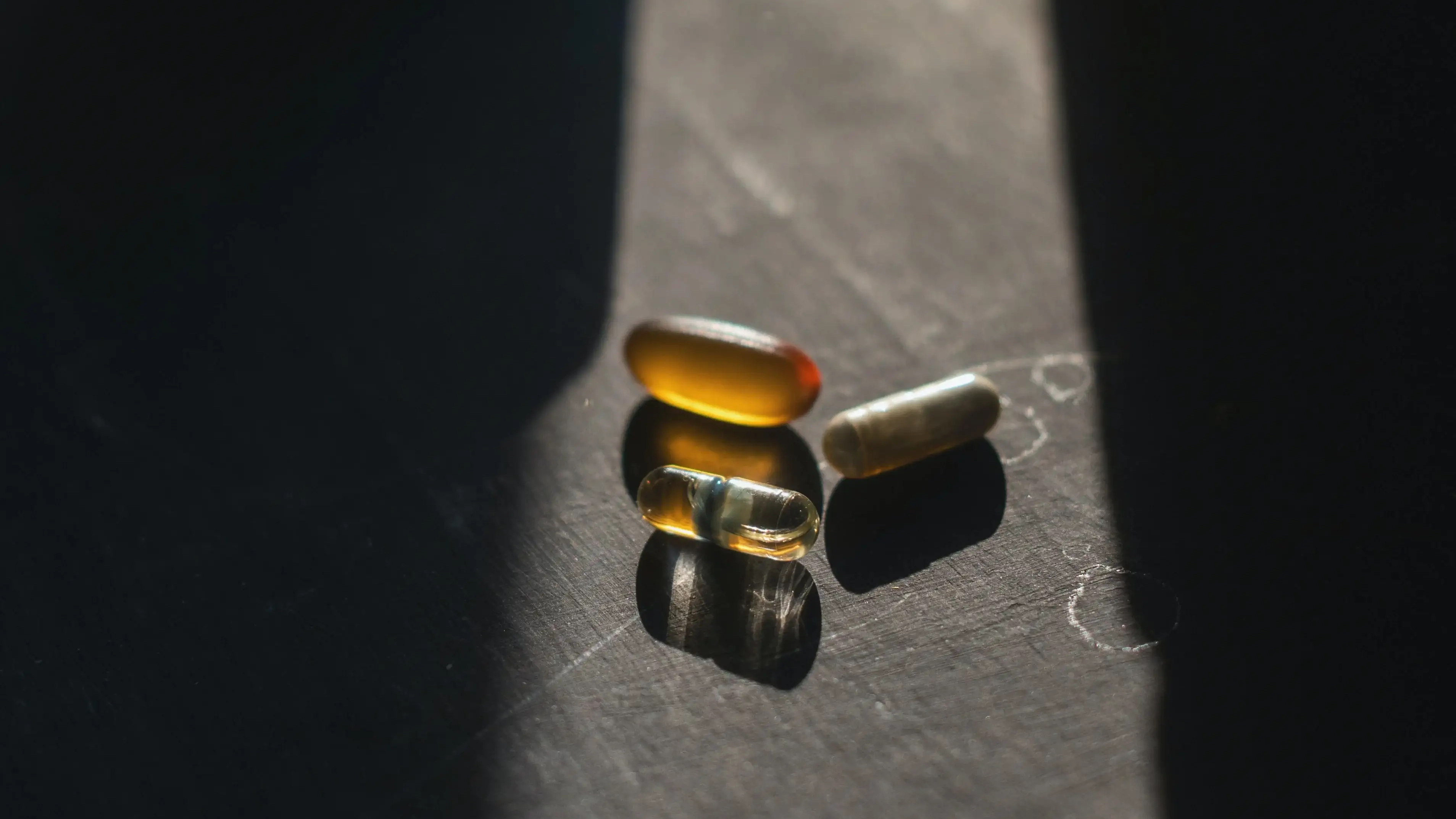

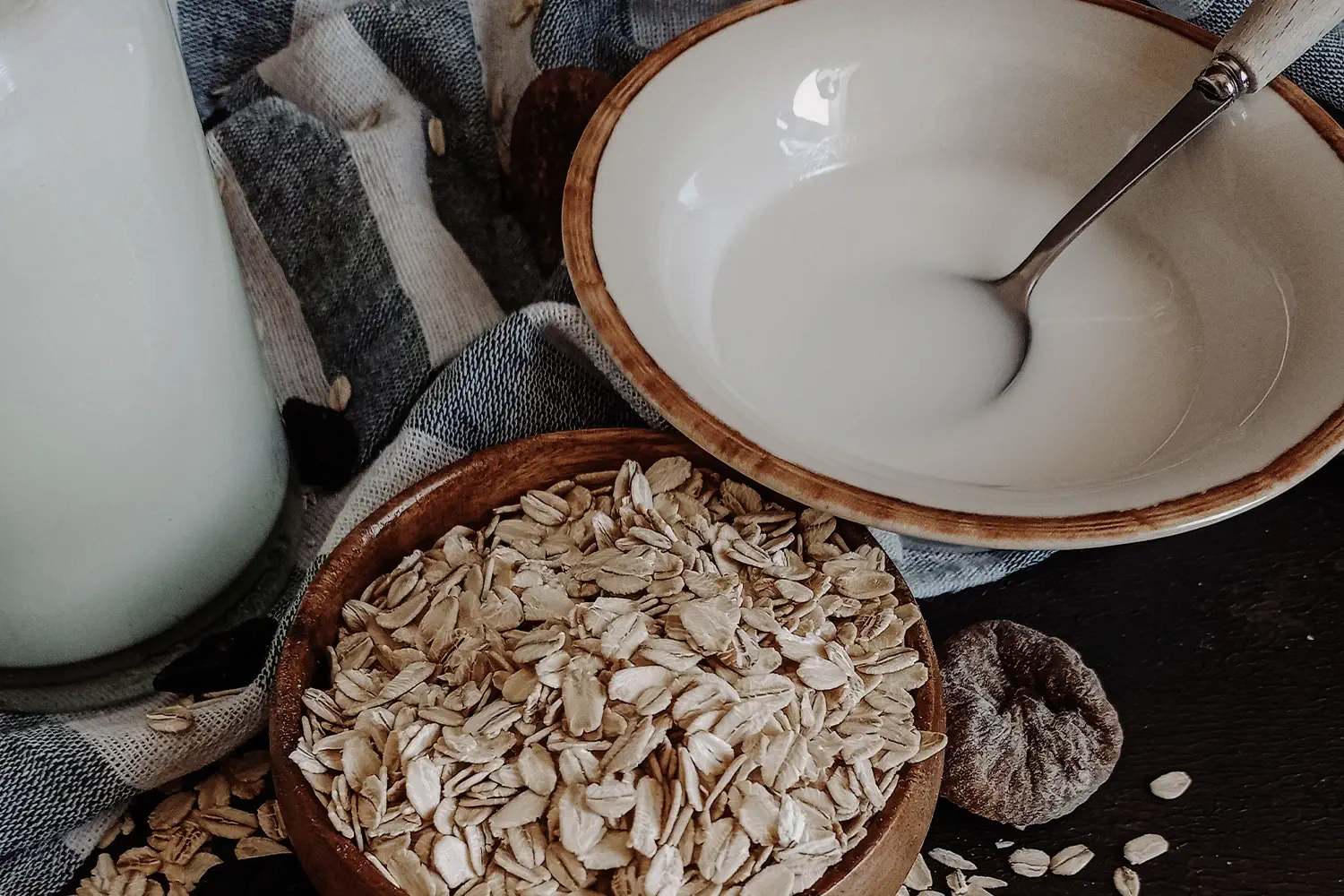
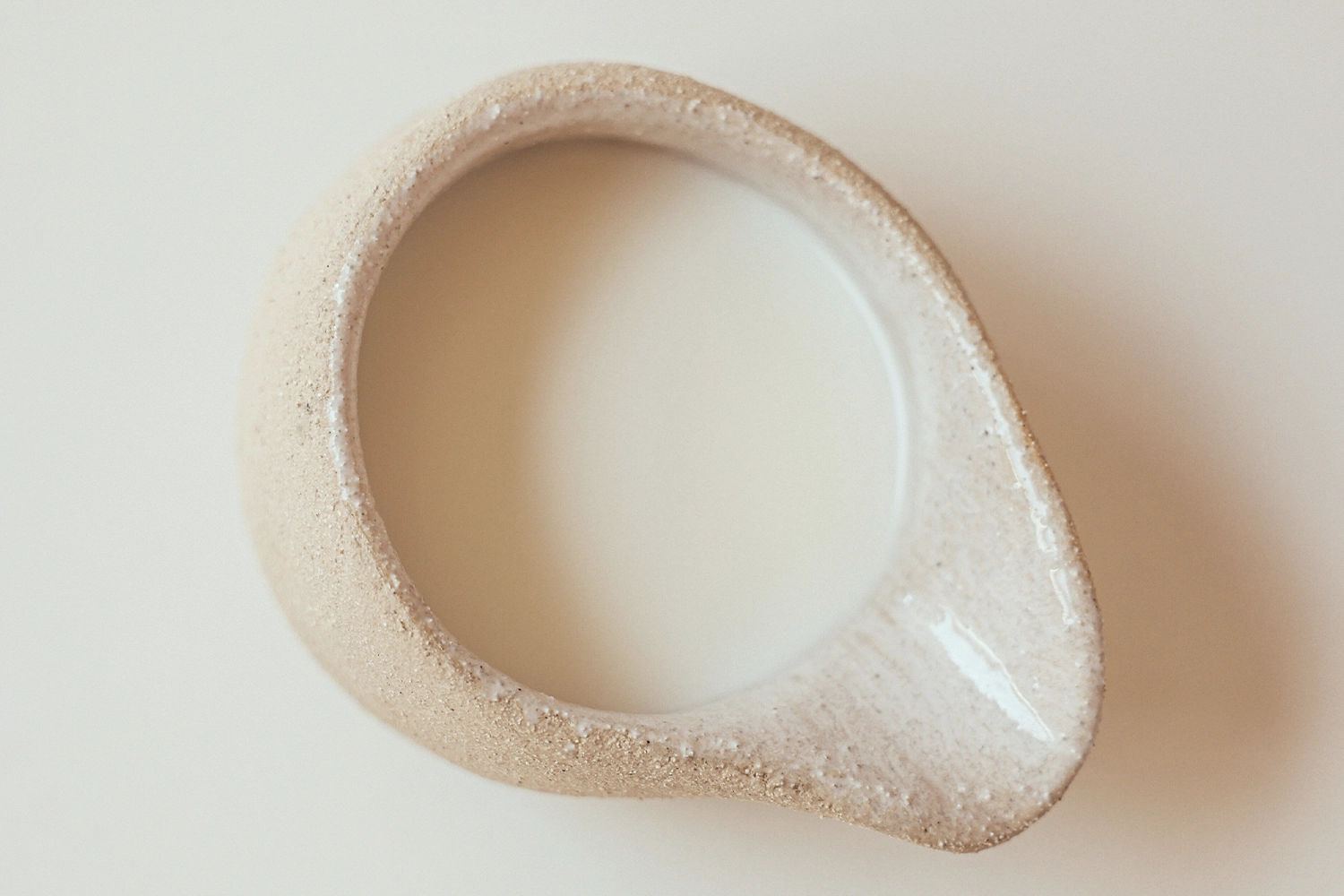






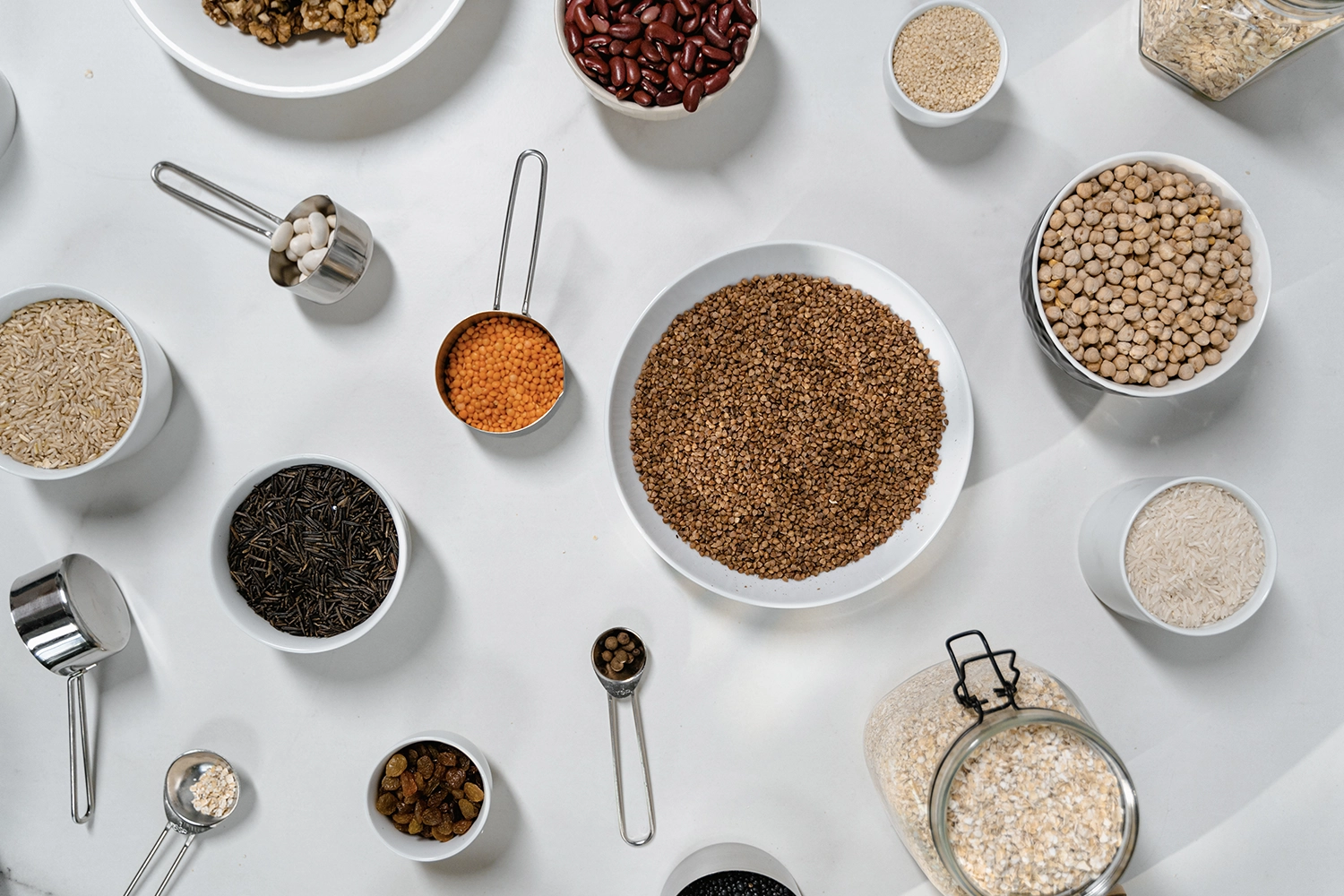


.png)

 (1).webp)









 (1).jpeg)

.webp)
.webp)

.webp)
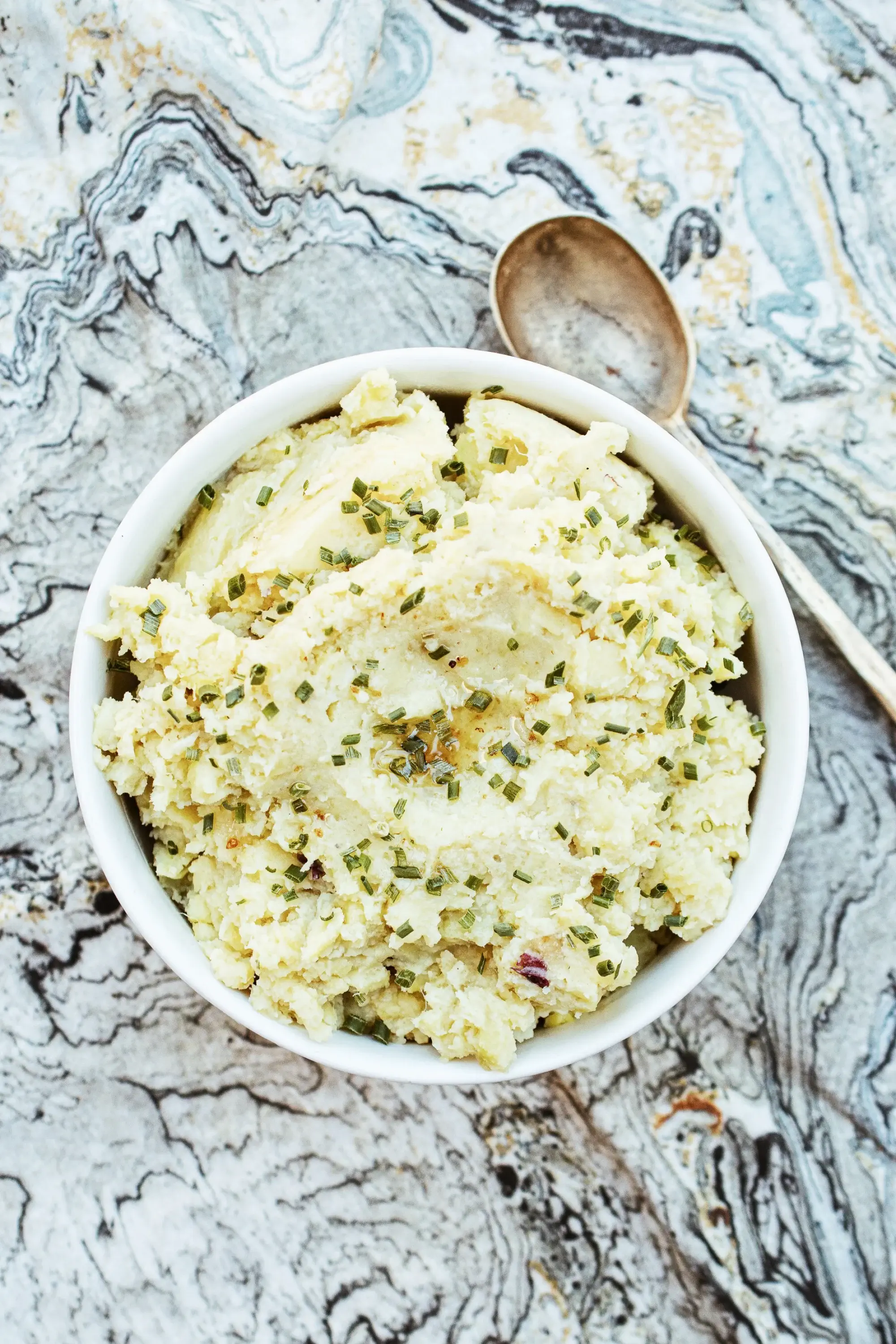
 (2).webp)

%201 (1).webp)

 2 (1).webp)




.svg)
.svg)